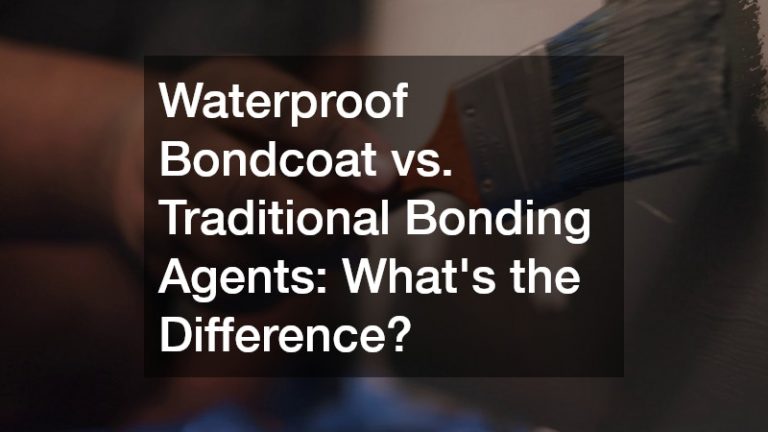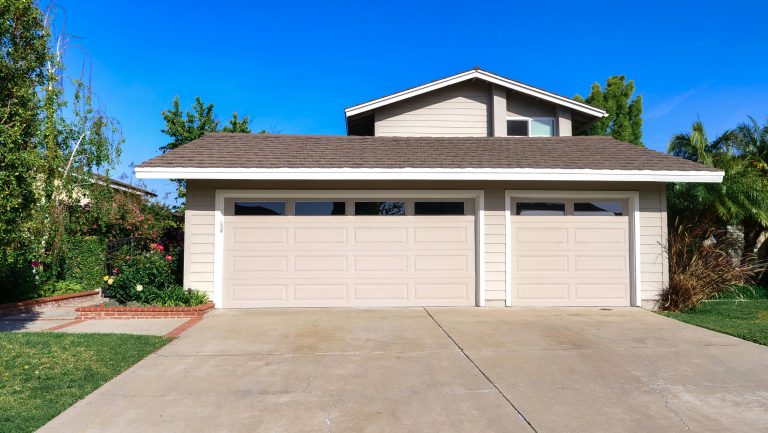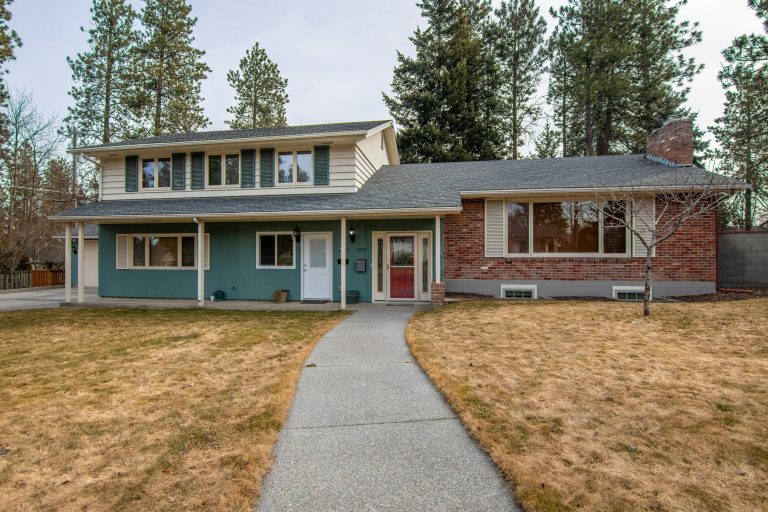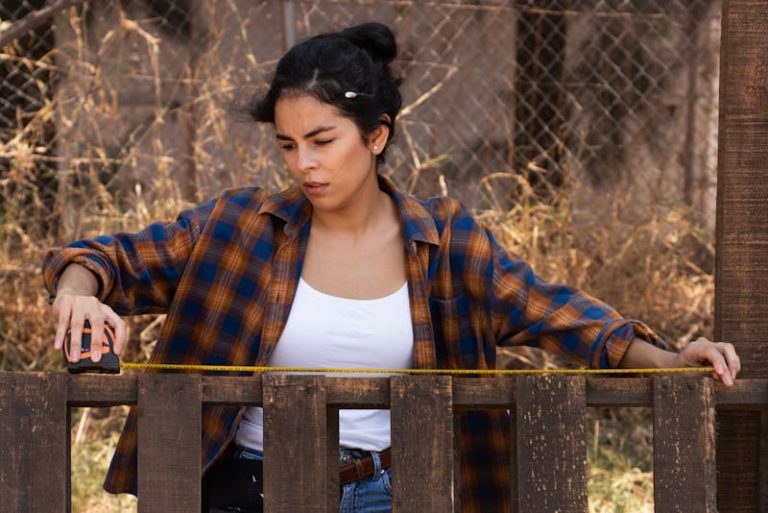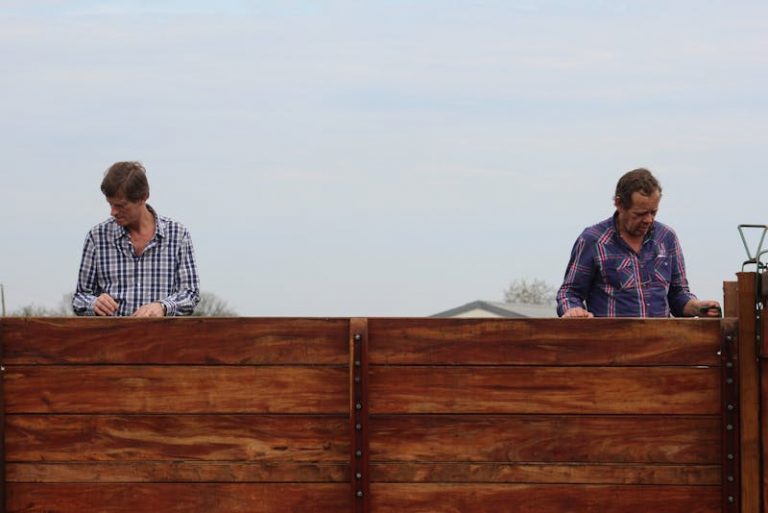

Are you considering redoing your floors and looking at all the choices available to you? Have you considered natural bamboo flooring, which is a great environmental choice that’s also relatively inexpensive, beautiful, and durable? You can get bamboo flooring at most home improvement stores, as well as from specialized environmentally-friendly stores, depending on what kind of bamboo flooring you’re looking for. There’s a wide variety of bamboo flooring brands, bamboo flooring colors, and bamboo flooring styles, so you don’t have to feel limited in terms of creating your own unique look. Natural bamboo flooring can add an elegant, modern, and clean look in any room of your home. Whether you have pets, kids, or heavy traffic, bamboo flooring can stand up to it all, making it a great choice.
What are the Benefits of Using Bamboo For My Floors?
- Eco-Friendliness
Strand woven bamboo floors come from stripping Moso or Mao bamboo stalks that are still young, and 100% of the stalk that gets stripped is used, resulting in no waste. Furthermore, unlike hardwood, which can take hundreds of years to regrow, the root system of these bamboo plants sends up new bamboo shoots annually. And these shoots only need five to six years to come into the right kind of maturity that’s used in natural bamboo flooring. Only about 16 to 20% of the bamboo crop is used every year, which leaves 80% or more of the bamboo forest to continue growing and putting down new shoots. - Durability
Compared to hardwoods, natural bamboo flooring is incredibly durable and hard. Most hardwoods have about a 1450 on the Janka scale in terms of hardness. Tropical hardwoods like a Brazilian cherry have a hardness level of about 2800. Bamboo can have an average Janka hardness rating of over 3500. Getting a dense, hard wood is important for homes that see heavy wear and tear since they’re less likely to dent and need repair or heavy maintenance. - Safety
Bamboo flooring can also be also non-toxic, free of formaldehyde, and has no VOC (volatile organic compounds), which is not a guarantee for all types of flooring. If you have pets or young children who spend a lot of time on the floor (and who may not always wash their hands after being on the floor), this can be a good, safe flooring choice for your home. Check with the supplier to find the best type of bamboo flooring.
What Types of Bamboo Flooring are Available?
One of the most popular types of bamboo flooring is the strand-woven flooring, which is manufactured to resemble hardwood flooring, with a greater density and durability than hardwood flooring can provide. There are also horizontal and vertical options for bamboo flooring — horizontal bamboo flooring has wider planks, while vertical bamboo flooring has skinnier boards.
There are also different finishes and glosses that you can choose from to further customize your bamboo floors to your satisfaction. Factory finished bamboo flooring offers the most durability for your floors, though oil finishes are also growing in popularity, as it’s harder to notice scratches. And of course, you can always opt for unfinished bamboo flooring.
How is Bamboo Flooring Installed?
Most bamboo floors get nailed or snapped/glued down into place, so it’s possible to do it yourself if you feel comfortable with that. However, hiring a professional does tend to make the work go faster. You should look for an installer with the right certifications and plenty of experience installing bamboo floors for the best job. Your installer may also be able to offer tips on how to keep your floors clean and well maintained going forward.
Consider natural bamboo flooring among your new flooring options. It’s growing in popularity and is relatively maintenance free, provides a sleek look to your home, and is incredibly durable, which makes it perfect for homes that see lots of feet or paws going in and out.

